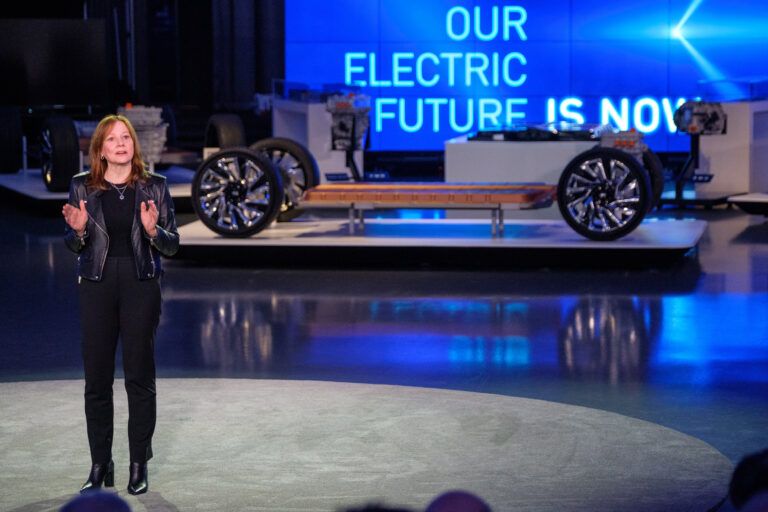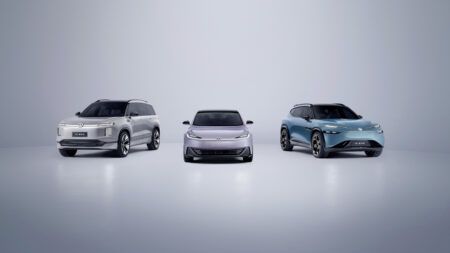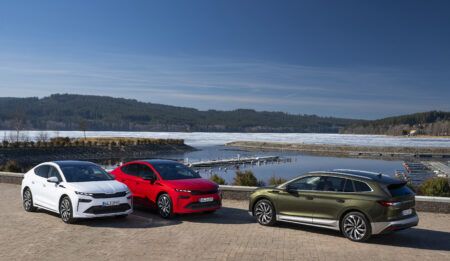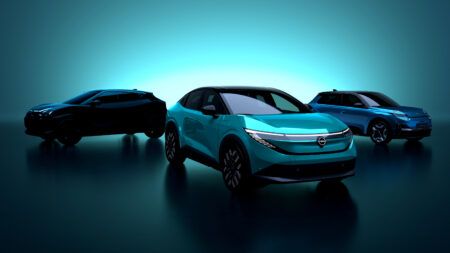General Motors, the largest US automaker, has announced that it plans to become carbon neutral in its global products and operations by 2040 and has committed to setting science-based targets to achieve carbon neutrality.
In the announcement, GM covered all aspects of its auto business with GM Chairman and CEO, Mary Barra, explaining how it is adapting its processes to eliminate carbon production with its move to all-electric vehicles, carbon neutral vehicle production, factory operation, supply chain and charging infrastructure.
“General Motors is joining governments and companies around the globe working to establish a safer, greener and better world,” said Mary Barra, GM Chairman and CEO. “We encourage others to follow suit and make a significant impact on our industry and on the economy as a whole.”

GM plans to decarbonize its portfolio by transitioning to battery electric vehicles or other zero-emissions vehicle technology, sourcing renewable energy and leveraging minimal offsets or credits.
GM will offer 30 all-electric models globally by mid-decade and 40 percent of the company’s U.S. models offered will be battery electric vehicles by the end of 2025. GM is investing $27 billion in electric and autonomous vehicles in the next five years – up from the $20 billion planned before the onset of the COVID-19 pandemic.
This investment includes the continued development of GM’s Ultium battery technology, updating facilities such as Factory ZERO in Michigan and Spring Hill Manufacturing in Tennessee to build electric vehicles.
More than half of GM’s capital spending and product development team will be devoted to electric and electric-autonomous vehicle programs. And in the coming years, GM plans to offer an EV for every customer, from crossovers and SUVs to trucks and sedans.
To address emissions from its own operations, GM will source 100 percent renewable energy to power its US sites by 2030 and global sites by 2035.
To account for the expected remaining carbon emissions, GM expects to invest in carbon credits or offsets. The company will assess credit and offset solutions in the coming years as the most efficient, equitable and inclusive ideas mature. The company recognizes that offsets must be used sparingly and should reflect a holistic view of mitigating the effects of climate change and helping people thrive around the world.
The company is implementing plans to reduce the impact associated with its supply chain while supporting grids and utilities to power electric vehicles with renewable energy.
While electric vehicles themselves do not emit tailpipe emissions, it is critical that they be charged with electricity generated from renewable sources like wind and solar. GM has worked with utilities and developers to support investments in renewable energy found in and around communities that have GM facilities via power purchase agreements and green tariffs. The company is also working with EVgo to triple the size of the nation’s largest public fast charging network by adding more than 2,700 new fast chargers by the end of 2025, a move set to help accelerate widespread electric vehicle adoption. The new fast chargers will be powered by 100 percent renewable energy. GM believes that the energy sector is well on its way to a decarbonized grid and that an all-electric future will be supported by renewable infrastructure and technology.





